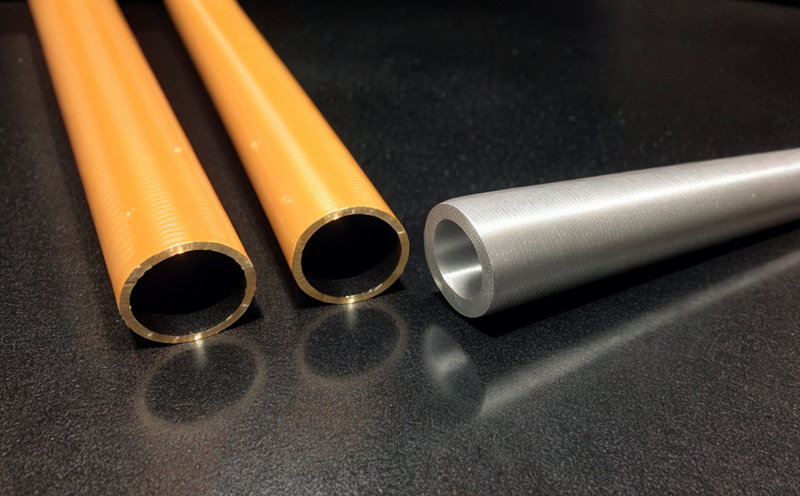ISO 10350 Tensile and Flexural Properties of Plastics
The ISO 10350 standard is a comprehensive guide for determining the tensile and flexural properties of plastics used in aerospace and aviation sectors. This service ensures that materials meet the stringent quality and safety requirements necessary for critical components. Our team performs these tests using state-of-the-art equipment, following strict protocols to provide accurate results.
The tensile test measures the maximum stress a material can withstand before breaking, while the flexural test evaluates how well a specimen bends under load. These properties are crucial in aerospace and aviation due to the extreme environmental conditions materials must endure, including temperature variations, humidity, and mechanical stress.
Our laboratory adheres to ISO 10350:2019 for both tensile and flexural testing. The standard specifies procedures for preparing specimens, conducting tests under controlled environments, and interpreting results. We use specialized machines capable of applying precise loads and measuring displacements accurately.
Test samples are typically prepared according to ISO 6786-2:1996 or ASTM D882-18 standards. Specimens must be conditioned in a controlled environment before testing, ensuring consistent results. Our technicians ensure that each sample is handled with care and precision throughout the entire process.
Post-testing, we provide detailed reports outlining tensile strength, elongation at break, flexural modulus, and other critical parameters. These metrics are essential for assessing material performance under various conditions, ensuring compliance with aerospace standards such as AS/SEMS 5012-83 or SAE ARP4761.
The results of these tests inform design decisions in the development of aircraft parts, ensuring they can withstand the rigors of flight. By adhering to ISO 10350, we contribute to the safety and reliability of aerospace components, a critical aspect of our industry's commitment to quality.
| Industry | Application |
|---|---|
| Aerospace & Aviation | Testing of structural components and non-structural parts for tensile and flexural properties. |
| Automotive | Evaluation of materials used in lightweighting applications. |
| Marine | Assessment of parts subjected to high stress environments. |
Applied Standards
The tests performed under ISO 10350 align with the following standards:
- ISO 10350:2019 – Determination of tensile and flexural properties of plastics.
- ASTM D882-18 – Standard test method for tensile properties of thin plastic films and sheets using rectangularly shaped specimens.
- ISO 6786-2:1996 – Methods of sampling, conditioning, and testing plastics in standard laboratory conditions.
Benefits
- Ensures compliance with international standards for aerospace materials.
- Provides accurate data on material properties critical to aircraft design and manufacturing.
- Saves time and resources by avoiding rework due to non-compliant materials.
- Supports the development of safer, more reliable products in the aviation industry.
- Aids in selecting optimal materials for specific applications based on test results.
Industry Applications
The ISO 10350 tests are widely used across various industries that demand high-quality plastic components. Here are some key applications:
| Industry | Description |
|---|---|
| Aerospace & Aviation | Testing for structural components and non-structural parts to ensure durability. |
| Automotive | Evaluation of lightweight materials in new vehicle designs. |
| Marine | Assessment of components for high-stress environments like ship hulls and marine structures. |





